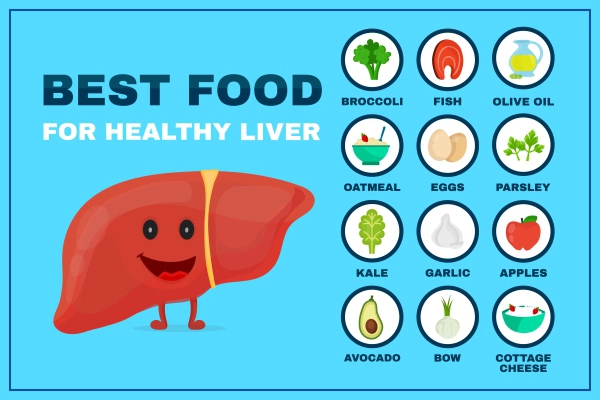Why Coffee is Actually Good for You
Coffee is frequently praised for its high caffeine level, which gives you the energy boost you need to start the day. But concentrating only on caffeine ignores the many other healthy substances that coffee contains. Chlogenic acid is one such substance that is important for fostering long-term health advantages. This article explores the many benefits of drinking coffee, highlighting the roles played by bioactive compounds such chlorogenic acid.

Knowing Chlorogenic Acid
Coffee beans contain a lot of the polyphenol chlorogenic acid. It fights inflammation and oxidative stress in the body by acting as a potent antioxidant. Beyond its antioxidant qualities, chlorogenic acid affects fat storage and glucose metabolism, which affects a number of health factors.
Coffee and a Lower Chance of Chronic Illnesses
Type 2 Diabetes
Regular coffee drinking has been associated with a lower incidence of type 2 diabetes. By improving insulin sensitivity and preventing the intestinal absorption of glucose, chlorogenic acid helps achieve this. According to a thorough analysis of 30 studies, the risk of type 2 diabetes decreased by 6% for every extra cup of coffee drank daily.
Cardiovascular Health
Coffee’s antioxidants, such as chlorogenic acid, protect blood vessels and lessen inflammation, which promotes heart health. Moderate coffee consumption has been linked in studies to a decreased risk of heart disease and stroke. For example, a 15% lower risk of heart disease has been associated with ingesting three to five cups per day.
Neurodegenerative Disorders
Coffee may reduce the risk of diseases like Parkinson’s and Alzheimer’s due to its neuroprotective qualities. Caffeine and chlorogenic acid work together to stop brain cell deterioration. Regular coffee consumers are much less likely to develop these problems, according to research.
Controlling Weight and Metabolic Health
Chlorogenic acid affects metabolism by changing how fat and glucose are used. It lowers the liver’s synthesis of glucose by blocking the enzyme glucose-6-phosphatase. By promoting fat oxidation and decreasing fat storage, it also influences fat metabolism. These benefits can lower the risk of diseases linked to obesity and help with weight management.
Liver Protection
Frequent coffee drinkers are less likely to develop liver conditions like cirrhosis and fibrosis. The anti-inflammatory and antioxidant qualities of chlorogenic acid help shield liver tissue from harm. Regular coffee drinkers have healthier liver enzyme levels, which suggests improved liver function, according to studies.
Advantages for Mental Health
Coffee drinking has been associated with better mental health results in addition to physical health. Caffeine and chlorogenic acid together can improve mood and cognitive performance. According to research, people who regularly drink coffee may be less likely to suffer from depression and even commit suicide.
The Ideal Coffee Intake for Health Advantages
Coffee has several health advantages, but moderation is essential. Overconsumption may result in negative consequences like elevated heart rate, anxiety, and digestive problems. Up to 400 milligrams of caffeine, or around four cups of brewed coffee, should be consumed daily, according to health professionals.
The way coffee is prepared should also be taken into account. It is better to use filtered coffee because unfiltered methods, such as the French press, can retain diterpenes, which are substances that can increase cholesterol.
Coffee is a complex beverage full of bioactive substances like chlorogenic acid that provide a number of health advantages, making it more than just a transport for caffeine. Moderate coffee drinking can be a beneficial supplement to a healthy lifestyle, boosting mental health and lowering the risk of chronic diseases. Coffee consumption should be moderated, as with any dietary component, and individual health concerns and sensitivities should be taken into consideration.




